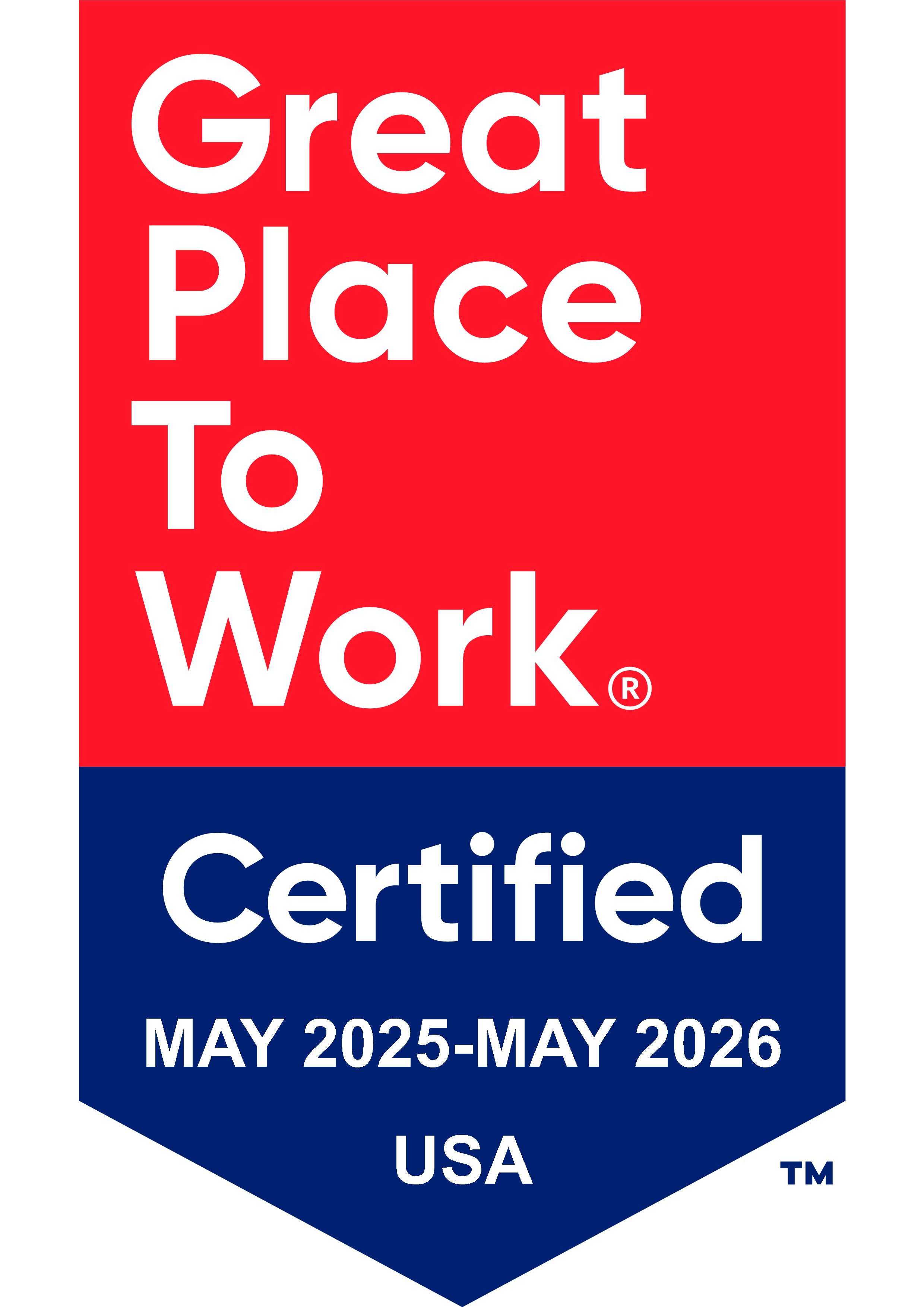
If a company has become a market leader by creating cloud-based business applications and services for demanding corporate clients, which approach do you think it should take when it wants to connect SaaS applications, automate workflows, and synchronize data across its own organization?
Should it choose a legacy middleware tool that requires on-premise hardware and senior programmers to code integrations? Or should it opt for a modern integration platform-as-a-service (iPaaS) model that leverages the efficiency of cloud technologies and time-saving features such as pre-built connectors and a data mapping knowledge base?
Genesys, a market leader in omnichannel customer experience and contact center applications, selected the Dell Boomi integration platform for developing and managing application and data integrations. Genesys also uses Boomi’s Master Data Management (MDM) module for data governance and data quality.
A new report by Ovum Consulting explores the key factors behind Genesys’s decision. Ovum details the impressive results the company has achieved since implementing both Boomi iPaaS and Boomi MDM.
Here’s a quick overview of Ovum report:
Fast-Growing Enterprises Need Integration
Founded in 1990 and based in Silicon Valley, Genesys has grown to become a leading provider of software for improving the customer experience. It now serves more than 4,500 businesses in about 80 countries. In 2014, the company received Frost & Sullivan’s Company of the Year Award for its cloud-based customer contact application. Recent customers include AirBnB, AstraZeneca, GameStop and Red Hat.
The company has grown rapidly, broadening its capabilities through acquisitions, and now relies on a variety of SaaS applications and platforms to manage its operations. Some of the applications Genesys uses include: Concur, Cornerstone, Coupa, NetSuite, OpenAir, Salesforce, Silkroad and Workday.
With a fast-paced business to run and many applications to manage, Genesys decided to launch a data integration initiative. The main goals were to:
- Rapidly automate workflows
- Synchronize data across key processes
- Enforce data quality and data governance policies across the enterprise
As Ovum notes, it made “absolute sense” for Genesys to deploy its integration platform where its IT systems were now residing — in the cloud.
According to Ovum: “The visionary IT leadership at Genesys was quick to realize how a PaaS layer (i.e., integration- and data-centric PaaS) can be used for a range of integration and data management requirements to achieve faster time-to-value at a reasonable cost of ownership.”
“Bloated Middleware” vs. iPaaS
The choice — middleware or iPaaS — is a choice facing many enterprises today. Ovum has no doubts about which technology approach is preferable. They write:
“Enterprises should refrain from using bloated middleware stacks that can be ‘overkill’ for their specific use cases/requirements. They should consider cloud-based integration and data management platforms for use-case scenarios where ‘urgency’ does not allow for the luxury of resource-intensive and time-consuming implementations.”
And among iPaaS vendors, Boomi stands out:
“Not many vendors offer a well-integrated, cloud-enabled integration and data management platform designed to support the requirements and constraints of medium-sized enterprises, with scalability appropriate for large enterprise-scale IT initiatives. This is a key differentiator for Dell Boomi.”
A Cloud-First Approach to Integration and MDM
Genesys launched its integration project by using Boomi iPaaS to create workflows for dozens of SaaS integrations. Genesys’ internal team completed the work quickly and efficiently, Ovum reports.
One of the company’s key selection criteria was ease of use for developers and other end users. With its pre-built connectors, drag-and-drop integration process, and automated data-mapping tools, Boomi helped various teams across Genesys complete their work in a fraction of the time than with traditional middleware products and “thick-client” development tools.
About a year later, Genesys adopted Boomi MDM for enterprise-wide data quality and governance initiatives, developing “golden records” (a single version of the truth) from data pulled from various applications and IT systems. Boomi’s ease-of-use made set-up and integration work fast. According to Ovum, Boomi MDM provides Genesys the requisite agility to effectively run its data management services. Boomi also provides a comparatively low cost of ownership, Ovum notes.
Saving Time and Money
Boomi saves Genesys time and money every day while improving data quality and data governance.
The Ovum study cites several specific measurements of the company’s workflow improvements. For example, by syncing employee data from Workday with other SaaS applications such as Salesforce or NetSuite, Boomi reduces 10 minutes of an end user’s time per SaaS application. Other integrations shave 10 or 15 minutes per task for processes such as creating an invoice or inputting a sales order.
In addition to speeding development, Boomi iPaas and Boomi MDM also streamline integration management for Genesys. Boomi helps the company’s IT team slice 15 minutes per incident to debug problems with invoices, sales orders, and other business workflows.
To learn more about the benefits that Boomi is delivering for Genesys and to read Ovum’s recommendations for enterprises launching integration and MDM projects, read the Ovum Consulting case study, Realizing strategic benefits with a cloud-first strategy that exploits iPaaS and cloud-enabled MDM.

